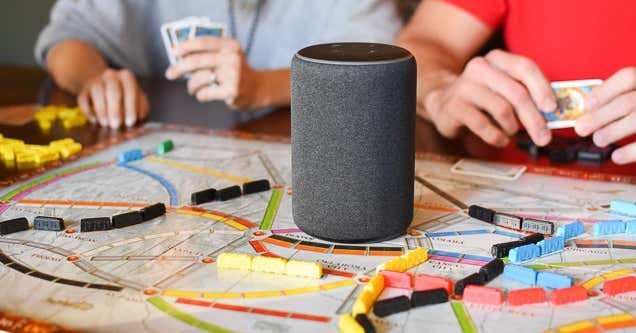Tabletop games have steadily remained popular means of entertainment for generations. Modern board and card games (i.e., tabletop games), however, are widely inaccessible to people who are blind or low vision. This is due to a reliance on visual cues to communicate information to players.
Gaming is a popular pass-time within the disabled community. Yet, blind and low vision players are less likely to reap the psychological benefits that come with playing, such as relieving one’s stress and feeling a sense of autonomy. Right now, efforts exploring accessible tabletop gaming have proven to be far less numerous than its digital counterpart. Common trends in accessible tabletop gaming research, however, focus on the creation of design guidelines, novel games, or modification for existing tabletop games.
In our recent study, we investigated tabletop game accessibility and the gaming experiences of people with vision impairments. Our work seeks to build off the area of design guideline creation as it has a greater influence on the latter two domains. We sought out to introduce subtleties that could augment accessible tabletop game design and conduct our research in an inclusive manner that directly involve blind and low vision players.
